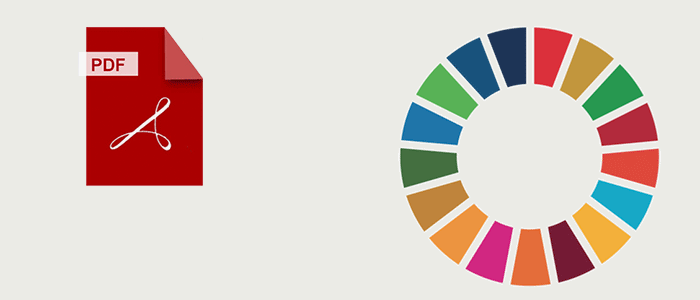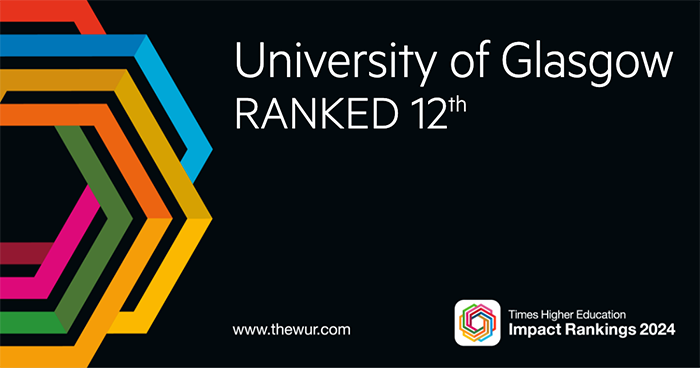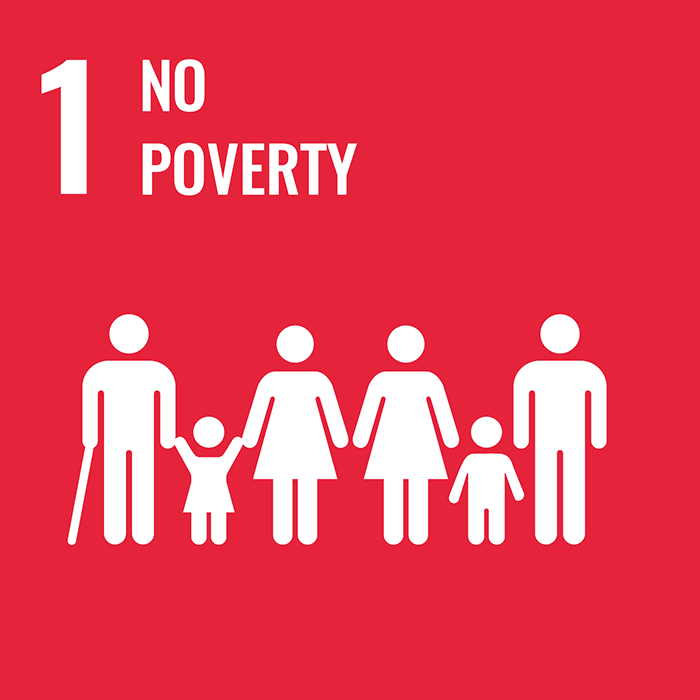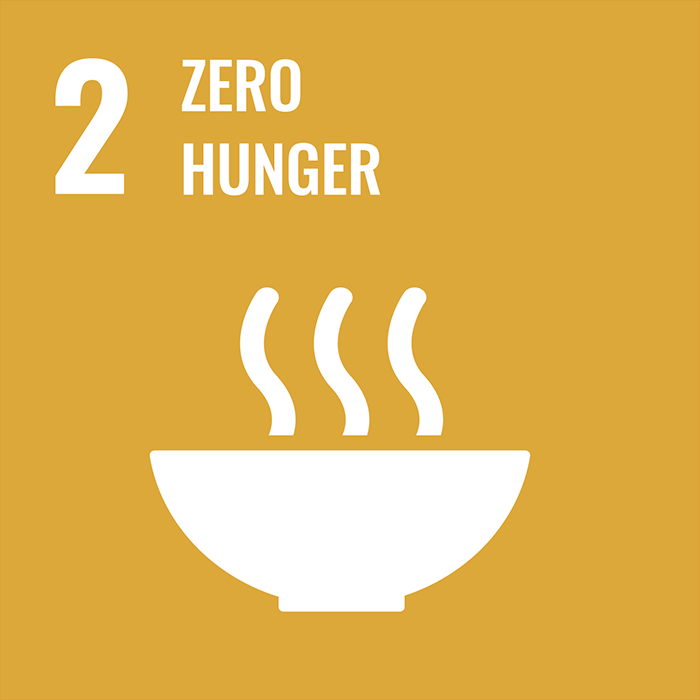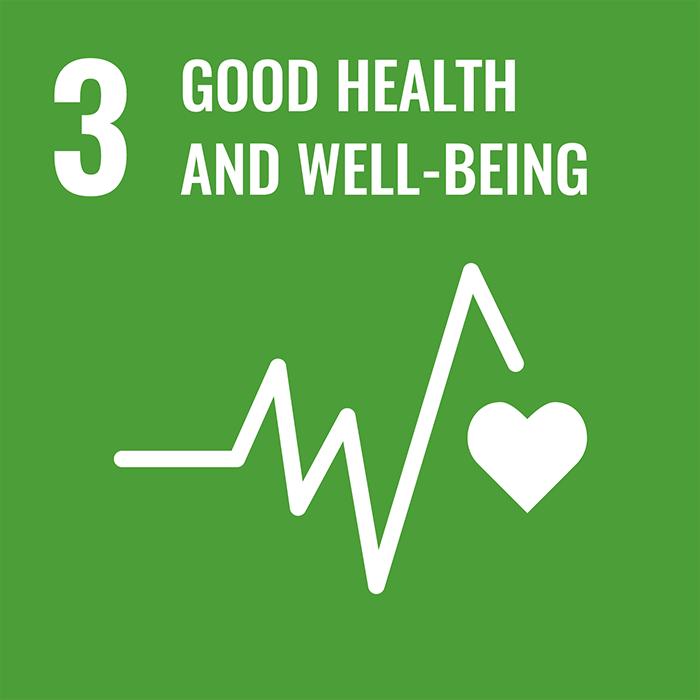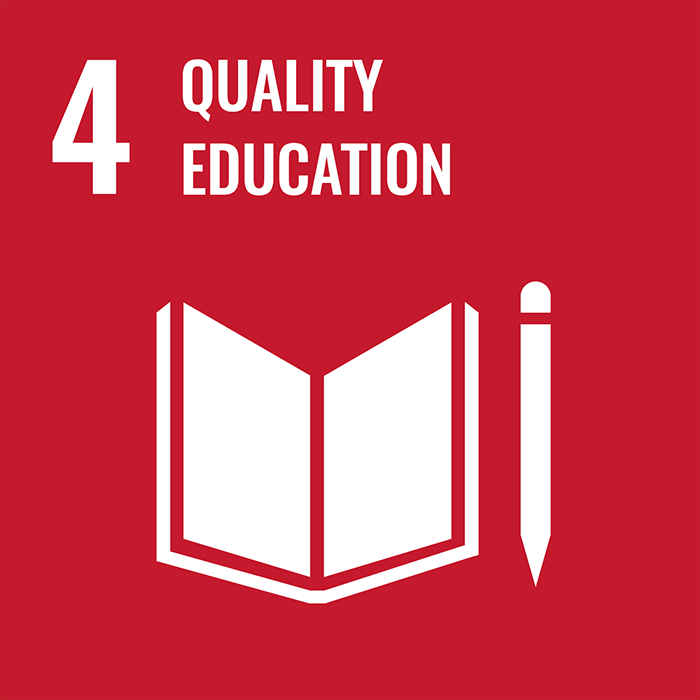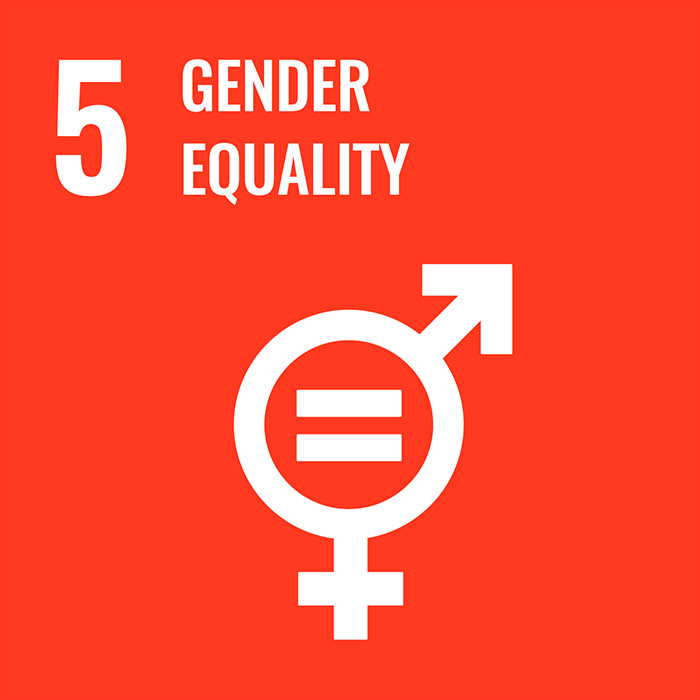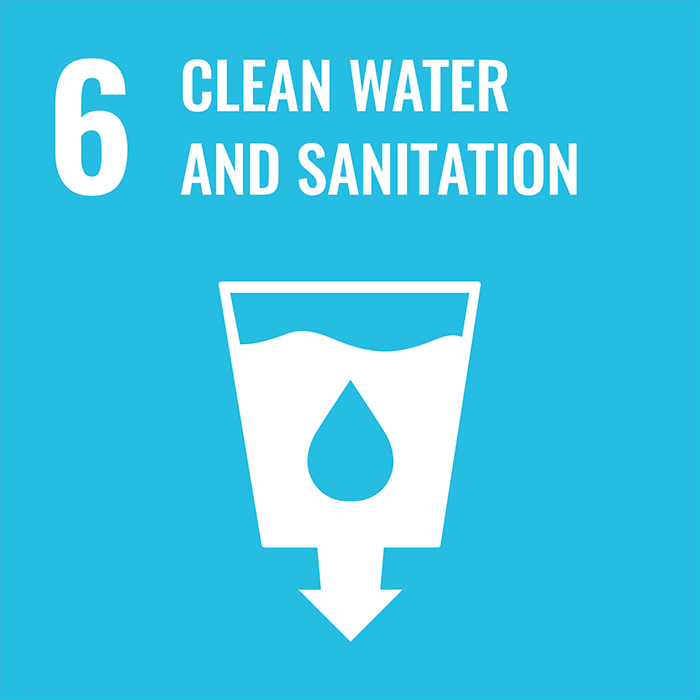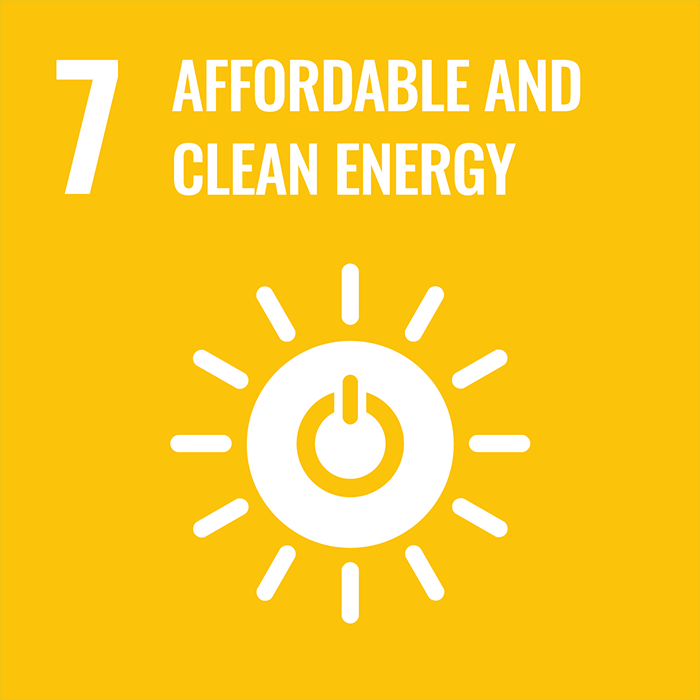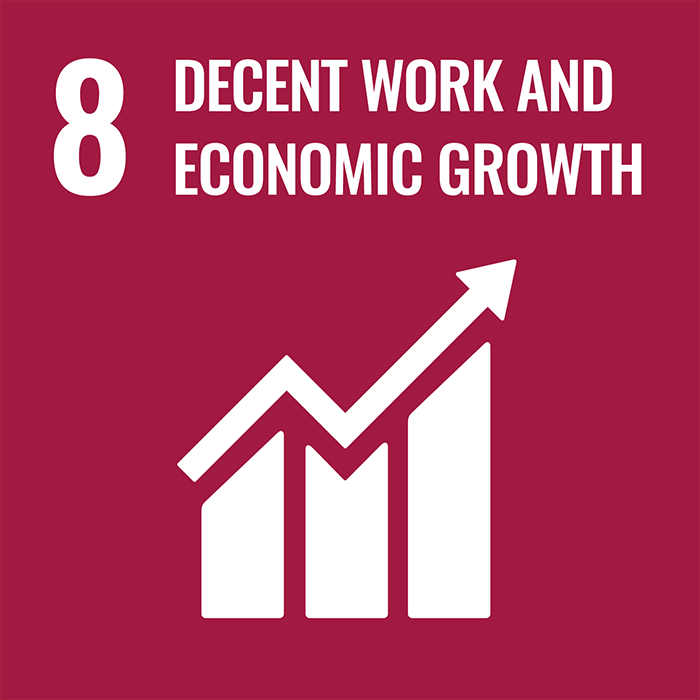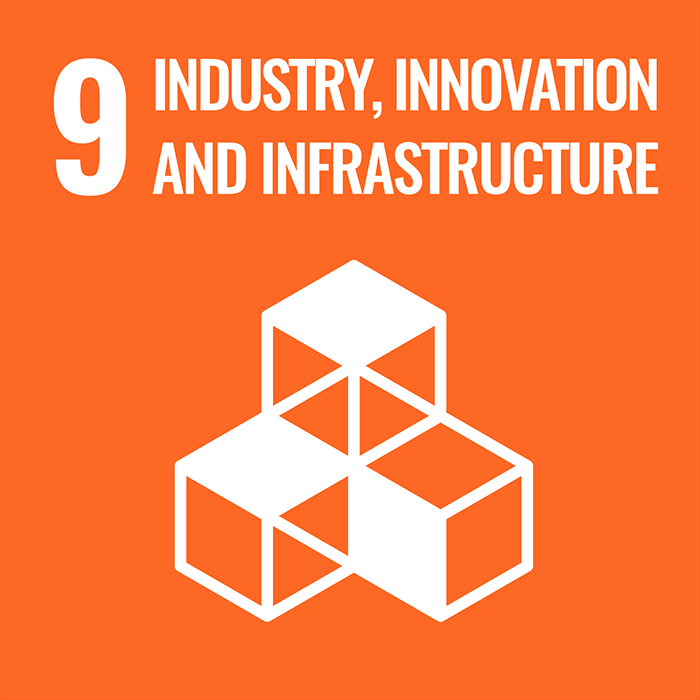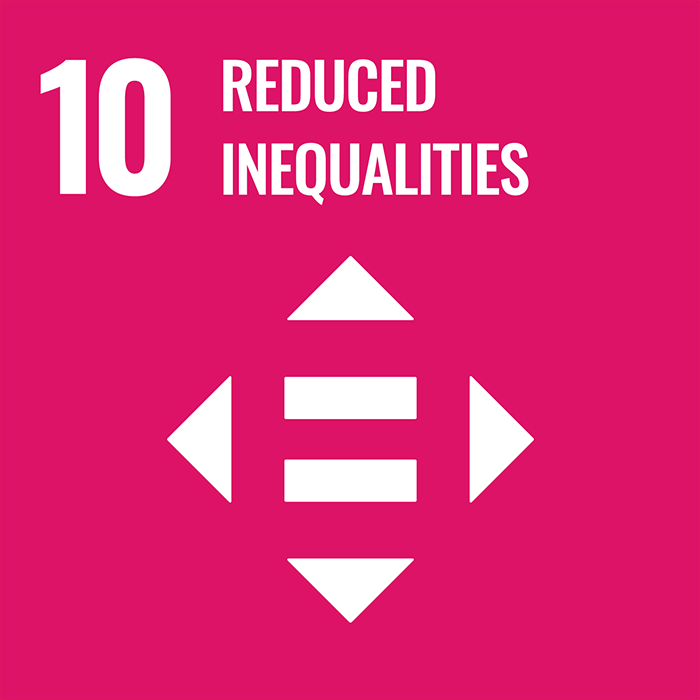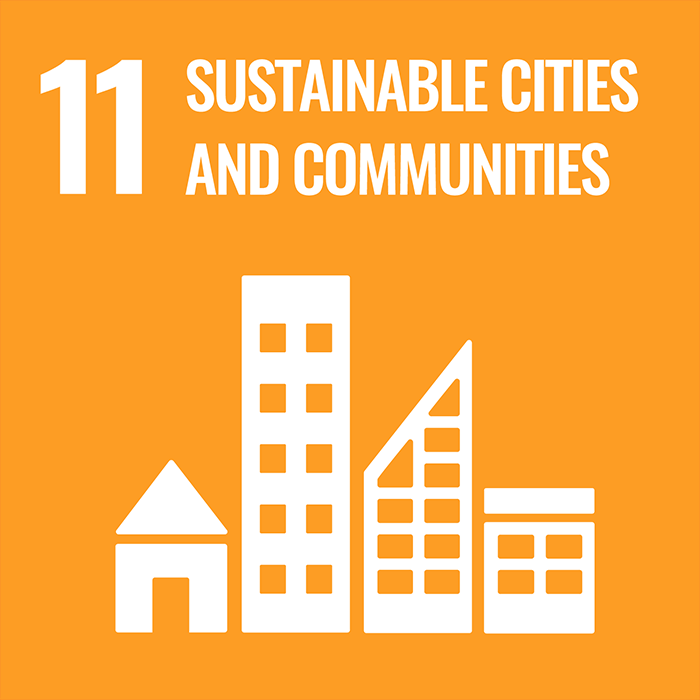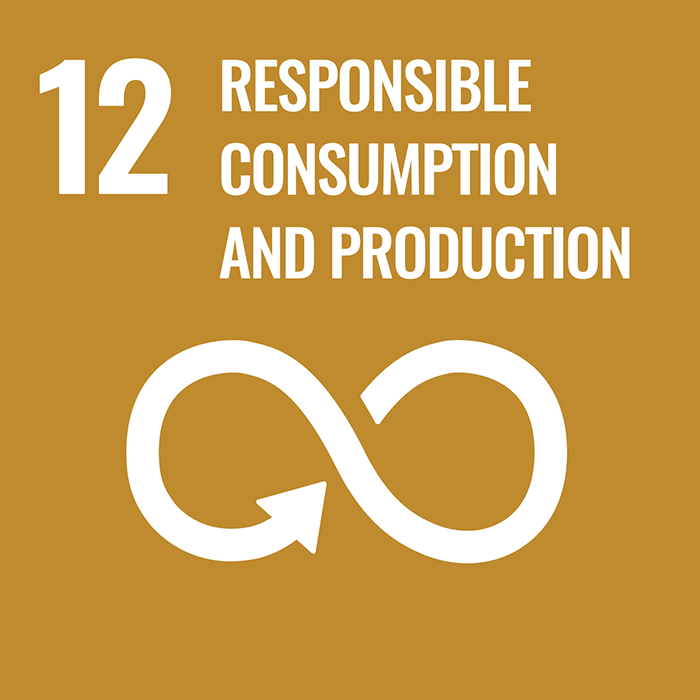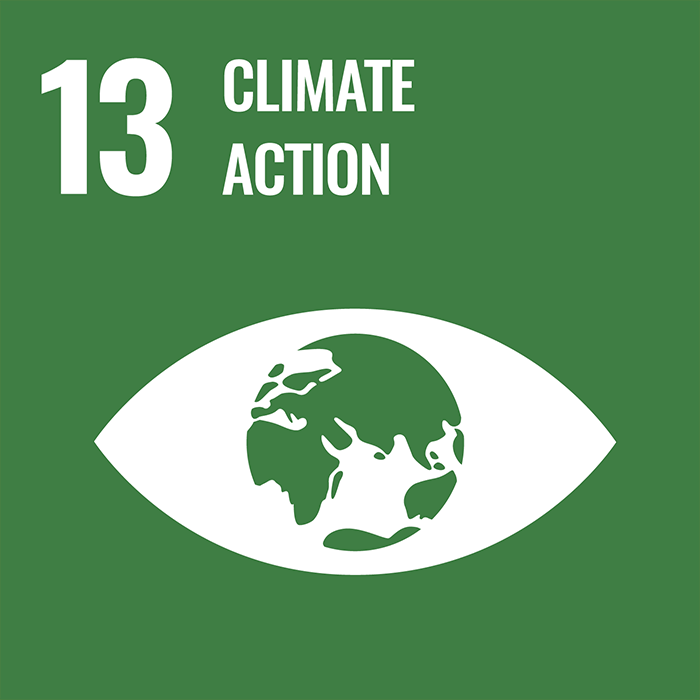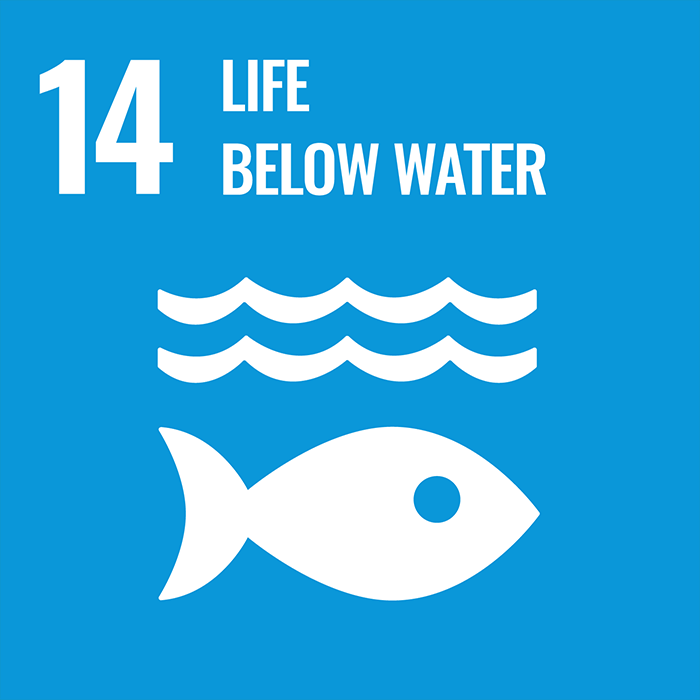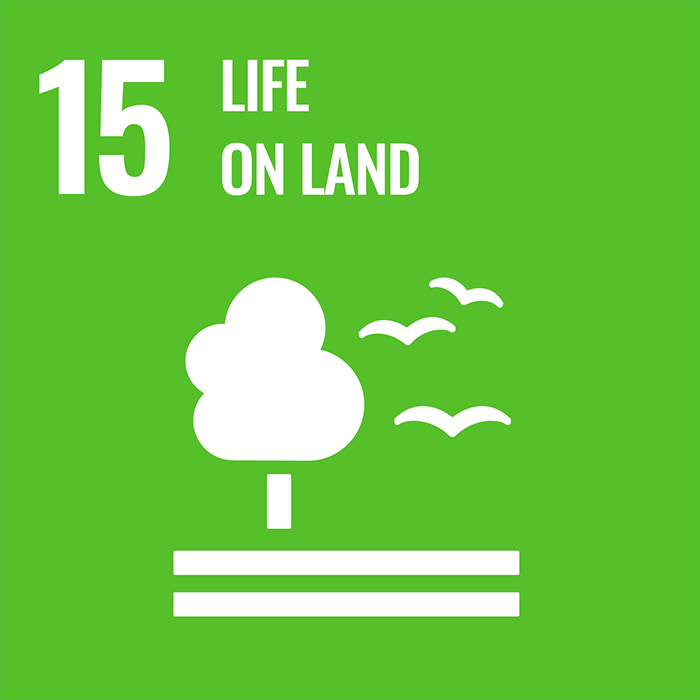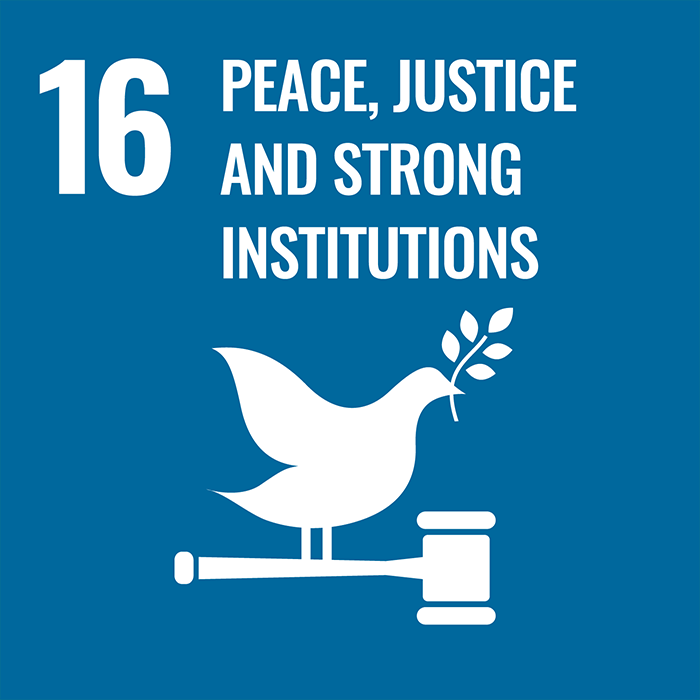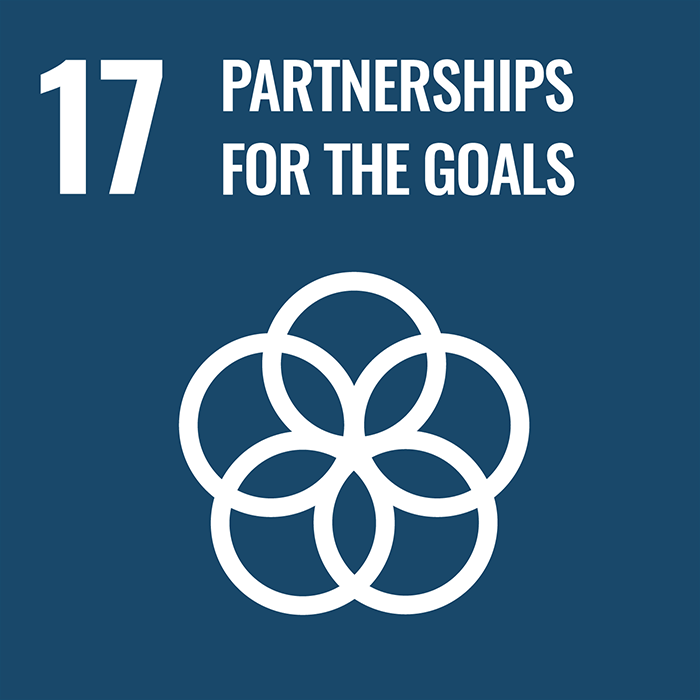A university
for the world
Our commitment to the United Nations' Sustainable Development Goals
For 573 years the University of Glasgow has been changing the world; from pioneering innovations and inventions to inspiring generations of students to use their knowledge and skills as a force for good.
Since our institution was founded all those years ago, we have made great progress in further widening access to education and we have committed to transforming our Gilmorehill estate, investing around £1.5bn in recent years to create thriving new spaces for collaboration and learning.
Of course, education is a major vehicle for reducing inequality, offering opportunities for better paid jobs and creating pathways to positive destinations. However, addressing inequality goes beyond education. It’s important to ensure we are directly tackling the root causes of inequity: poor health; environment; socioeconomic inequalities; and discrimination. Locally, we remain resolutely focused on improving outcomes for communities across our city region, driving inclusive economic growth through the Glasgow Riverside Innovation District and addressing stubborn inequalities through our broad portfolio of research.
Nevertheless, the work we do as a University must transcend this. The very fabric of our societies relies on having strong institutions which stand with those most marginalised, and we can only be a great civic institution if we are a great global institution.
Through the 17 UN Sustainable Development Goals (SDGs) we have a collective mission across our University to use our science, research, innovation, teaching and community action to effect change at a local and global level. We must work together to take an all encompassing approach to address the major challenges facing the world, from racial injustices and gender inequality to disease and poverty, climate change and food insecurity.
We are grateful to each and every member of our community who has played their part so far in supporting us to achieve the 17 UN SDGs. Going forward we will use our role as an anchor institution to forge closer local connections and to build new global, interdisciplinary partnerships based on equity and a shared commitment to the SDGs.
Purpose
Our 2024 report is our fourth annual publication, intended to provide an update on some of the work and activity that has been taking place across the University of Glasgow to contribute to the United Nations’ Sustainable Development Goals.
We continue to look at four areas of activity:
- Research
- Learning and Teaching
- University Operations
- Civic Engagement.
We are immensely proud of the commitment, dedication and innovation shown by every part of our community. This report was produced and steered by Economic Development, Planning Insight & Analytics and External Relations. Thanks go to colleagues in these directorates for their help and guidance in producing this document, as well as to colleagues across the University for their valuable input.
Looking ahead
This report is the fourth comprehensive annual publication by the University of Glasgow assessing our contribution to the delivery of the United Nations' Sustainable Development Goals (SDGs).
Since our inaugural report in 2021, the SDGs have become an increasingly important part of how we capture the impact of our activities at a local, regional, national and global level and of how we assess new ways of contributing to the goals.
We were delighted to see our institutional commitment to the SDGs reflected in our strong performance in a number of global sustainability rankings, and aim to use this report to highlight the wide-ranging and impactful work of our colleagues.
We have a long history of world-changing research and innovation, outstanding teaching and partnerships, and a commitment to service excellence from our staff. Our approach to sustainability runs through our academic, operational and civic activity. Our quadruple helix approach, bringing together academia, industry, public bodies and our communities is a true partnership towards all our collective goals and we continue to work with these partners for the city of Glasgow and globally, to make a tangible contribution to tackling society’s grand challenges.
Uzma Khan
Vice-Principal for Economic Development & Innovation and Deputy Chief Operating Officer


